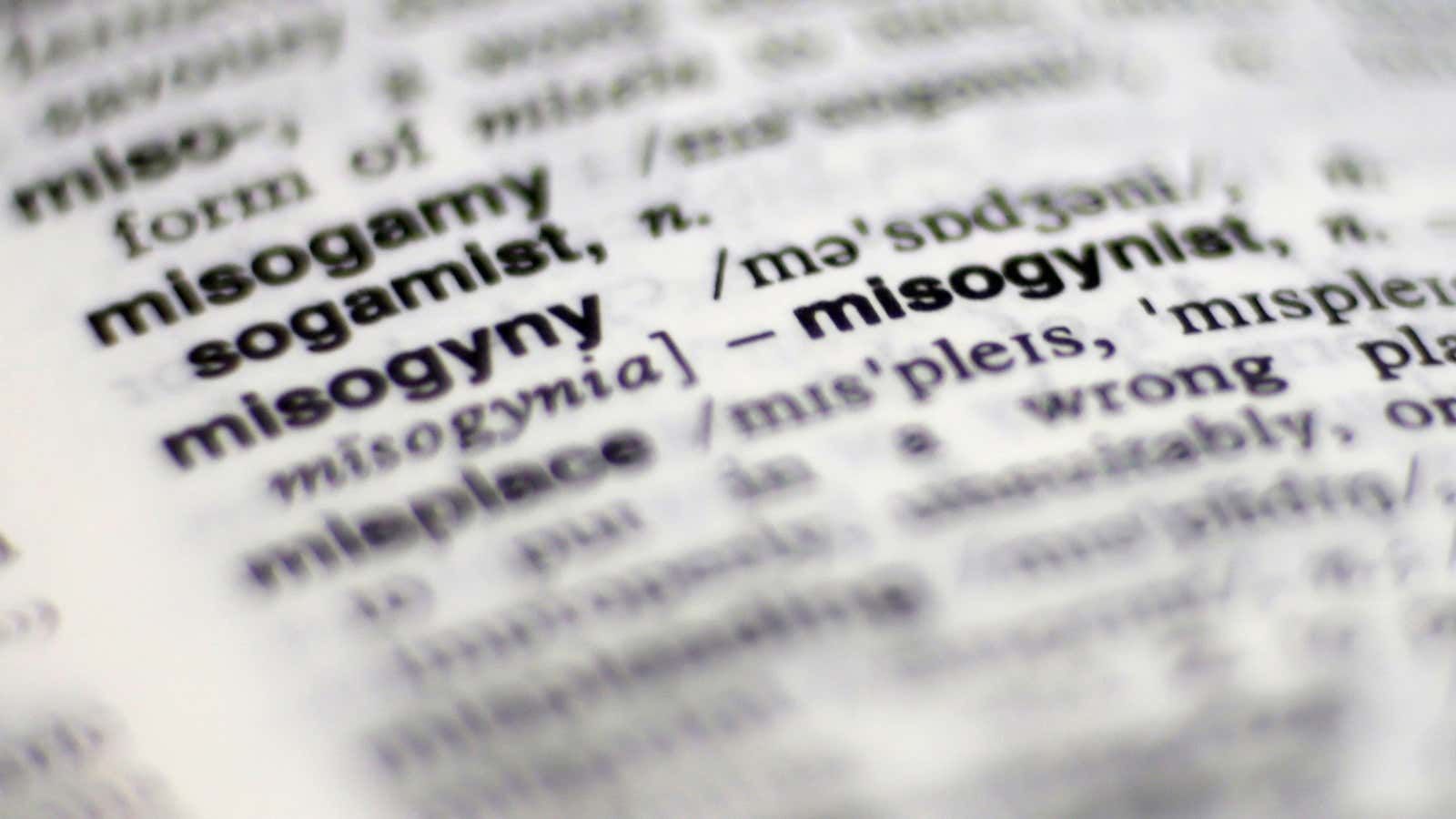On May 6, leading online resource Dictionary.com announced the newest words to be added to its annals. With a pronounced focus on the darker aspects of digital life, many of the additions reveal a growing apprehension of the myriad ways in which the internet can be used to mislead, corrupt, or inflict harm on unwitting users.
Changes and additions to the digital dictionary are made through a multi-layered process that takes into account each new term’s newsworthiness, frequency of use, and related online searches, according to Dictionary.com’s director of content Rebekah Otto. The word “microagression,” for example, was flagged to lexicographers after the site noticed a surge in people unsuccessfully searching for its definition in 2014.
Along with microagression, other notable internet-centric additions and their Dictionary.com definitions include:
- blackhat: a hacker who violates the security of a system for personal profit or for the gratification of causing damage.
- cybercrime: criminal activity or a crime that involves the Internet, a computer system, or computer technology.
- dark web: the portion of the Internet that is intentionally hidden from search engines, uses masked IP addresses, and is accessible only with a special web browser.
- dox: to publish the private personal information of another person without their consent.
- revenge porn: sexually suggestive images of someone, typically a former romantic partner, that are posted online without the person’s consent.
- swat: (especially among online video gamers) to cause a SWAT team to be deployed on an unsuspecting victim by falsifying a threat, often as a punishment or retaliation.
The online dictionary’s data-driven processes of revision and addition have also allowed the spelling resource to take on a more public service role. “It is part of our mandate to satisfy our users’ curiosity,” Otto said.
Consider the recent addition of “revenge porn,” slang for information spread with the intention of humiliating and endangering victims, primarily women. The fact that words commonly used to describe gendered abuse online are now making their way into formal dictionaries is an important recognition of the problematic relationship between the internet, social media, and vulnerable communities. In 2014, according to the Pew Research Center, young women reported disproportionately high rates of harassment online, especially sexual harassment and stalking.
Online dictionaries like Dictionary.com serve an important purpose in today’s plugged-in culture. By helpfully noting how words change in meaning over the decades, keeping up to date with technological innovation, and reflecting societal shifts around gender and race, these resources reflect and inform users of contemporary attitudes and trends. It is therefore troubling—if not altogether surprising—that Dictionary.com’s newest additions signal its users’ creeping sense that the internet, despite its usefulness, can also be a dark and dangerous place.
